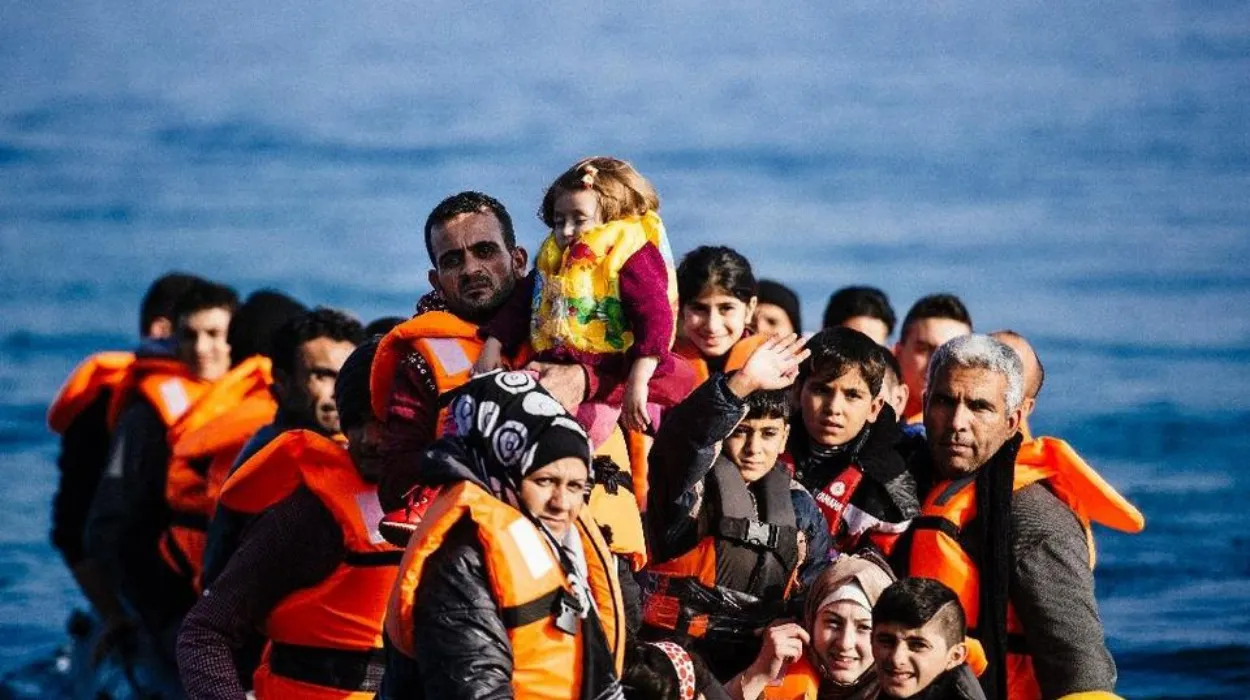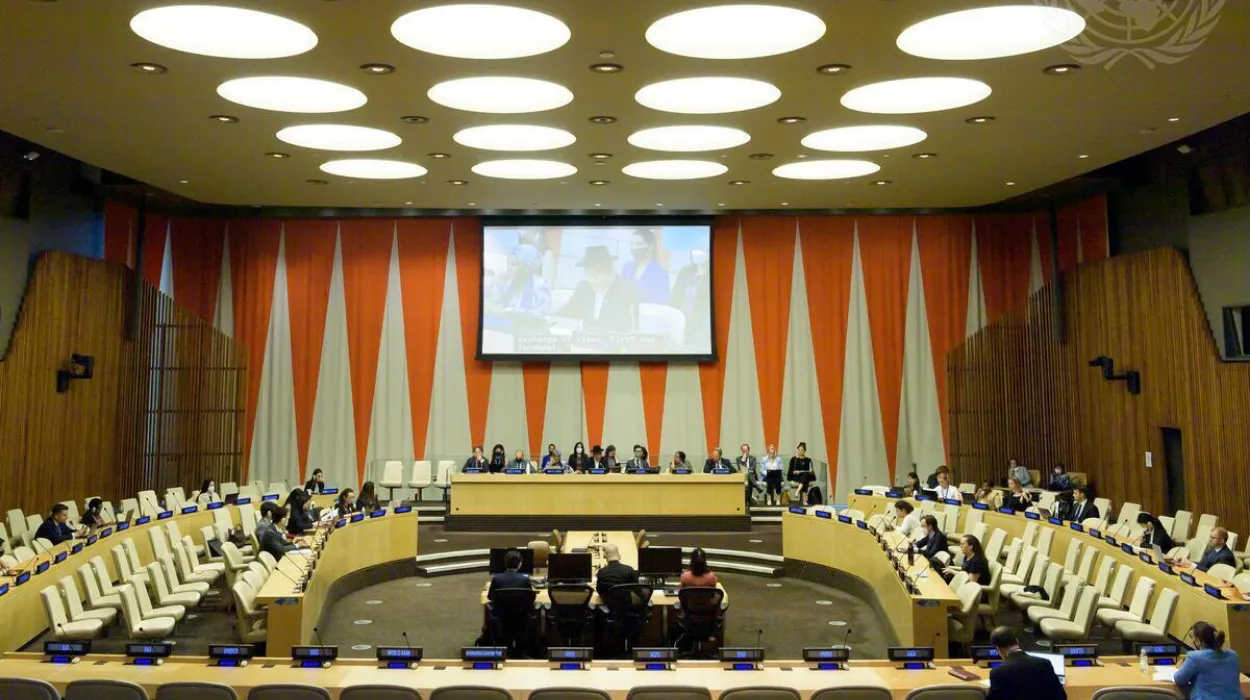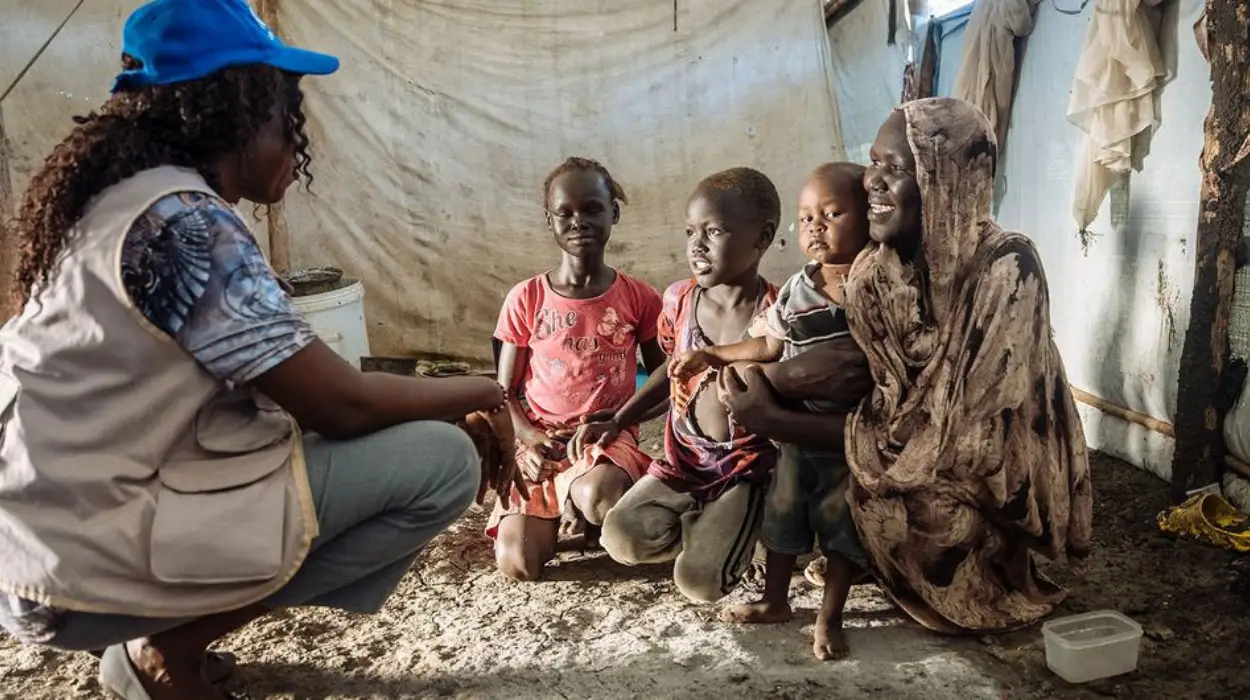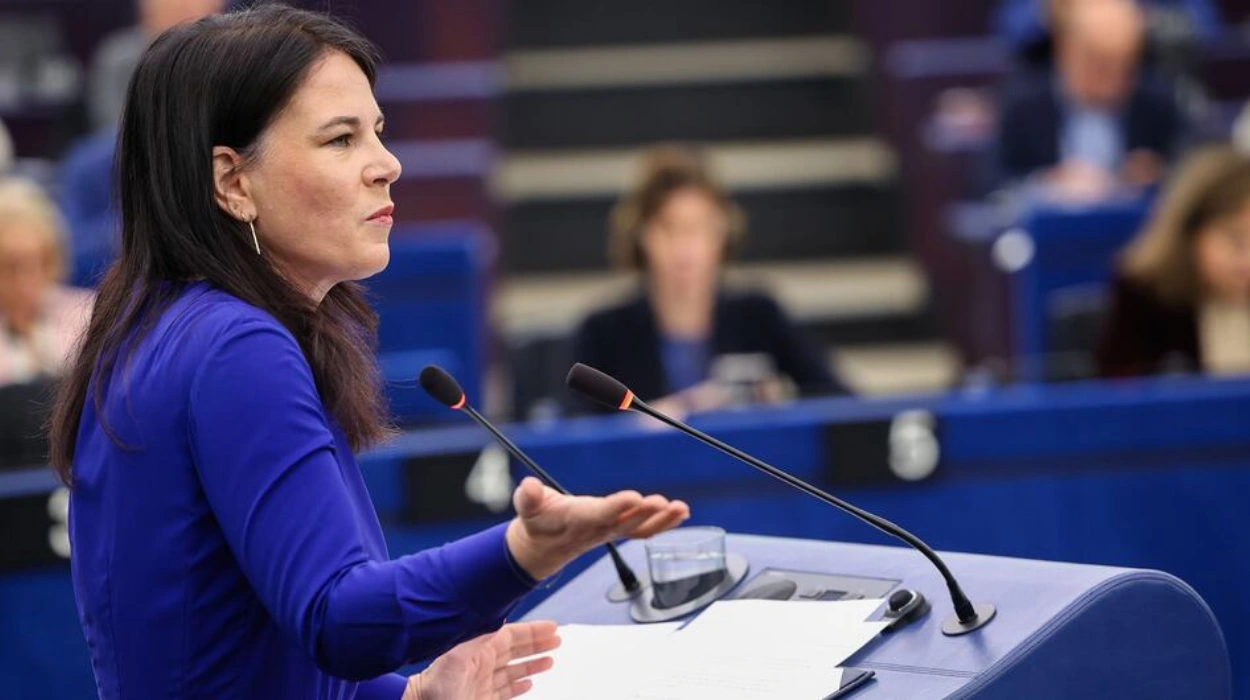U.S. President Donald Trump‘s administration’s utilisation of Elon Musk’s DOGE to slash USAID expenditures is having a serious effect on the United Nations Department of Safety and Security (UNDSS), Fox News Digital reported.
As reported, the president of the U.N. Field Staff Union, Milan Victor Dawoh, said the USAID funding cut caused “approximately $30 million” having be “removed from the extra-budgetary (XB) resources, resulting in a significant reduction in staffing.”
Dawoh warns that the U.N. “is currently experiencing its worst liquidity crisis since its establishment. The situation is expected to deteriorate further before any improvement occurs.”
He stated that UNDSS will be forced to lay off 100 employees and that its presence will be eradicated in 35 to 45 nations. He also stated that “regional hubs” will be designated “in the remaining 120 countries where UNDSS will maintain a presence.”
“The [under secretary-general of UNDSS] emphasized that UNDSS is not a protection agency but a risk management and analysis entity,”
he said.
“This distinction should be clearly communicated to staff.”
On its website, UNDSS is described UNDSS as “a global leader in security risk management principles” and clarifies that it “enables the safe and effective delivery of United Nations programmes and activities in the most complex and challenging environments, while maximizing resources.”
Earlier this month, António Guterres cautioned against reductions in U.S. funding to the U.N., emphasizing that “proceeding with recent budget cuts will result in a world that is less healthy, less secure, and less prosperous.”
Farhan Haq, Deputy Spokesman for U.N. Secretary-General António Guterres, said that UNDSS only accepted about $20 million from USAID last year.
“USAID informed us that some of this funding has been terminated; other projects will continue with USAID support,”
he stated.
Haq noted that “extra-budgetary funding from USAID is a relatively small proportion of the Department’s budget, most of which comes from the U.N. regular budget, a U.N. cost-sharing mechanism, and the peace support account.”
As of Haq’s estimate, UNDSS has 2,250 personnel worldwide, “supporting the security of — and enabling operations by — 180,000 U.N. personnel.” Haq also said that “the majority of the Department’s workforce is in the field, with a much smaller percentage in New York HQ. U.N. personnel serving in the world’s most dangerous places deserve effective security as they work to save lives.”
He further said that an email sent to multiple U.N. mailing groups on Mar. 19 citing the funding-related blockage of one staff access to U.N. headquarters was irrelevant to UNDSS. “Funding for the UNHQ premises does not come from USAID,” Haq described.
A U.N. source stated that amid financial uncertainty, U.N. staff members “are very concerned about their immediate future.” The source highlighted worries regarding their pension collection and access to accounts at the United Nations Federal Credit Union. Furthermore, the source noted that since “most of these staff members losing their jobs hold G-4 visas,” this situation might affect their ability to remain in the U.S.
“This is an implication beyond just losing the jobs of individuals. It impacts families, and this could be massive in the coming weeks with new cuts that will impact U.N. agencies.”
The demand for greater U.N. reform arises a month after President Donald Trump issued an executive order to reassess U.N. funding. During this period, Trump remarked that the international organization “has tremendous potential” yet is “not being well run.”









